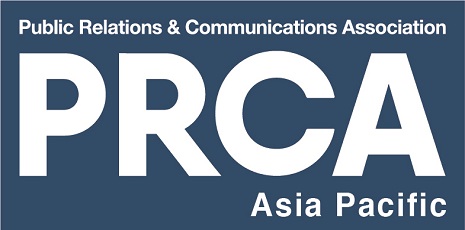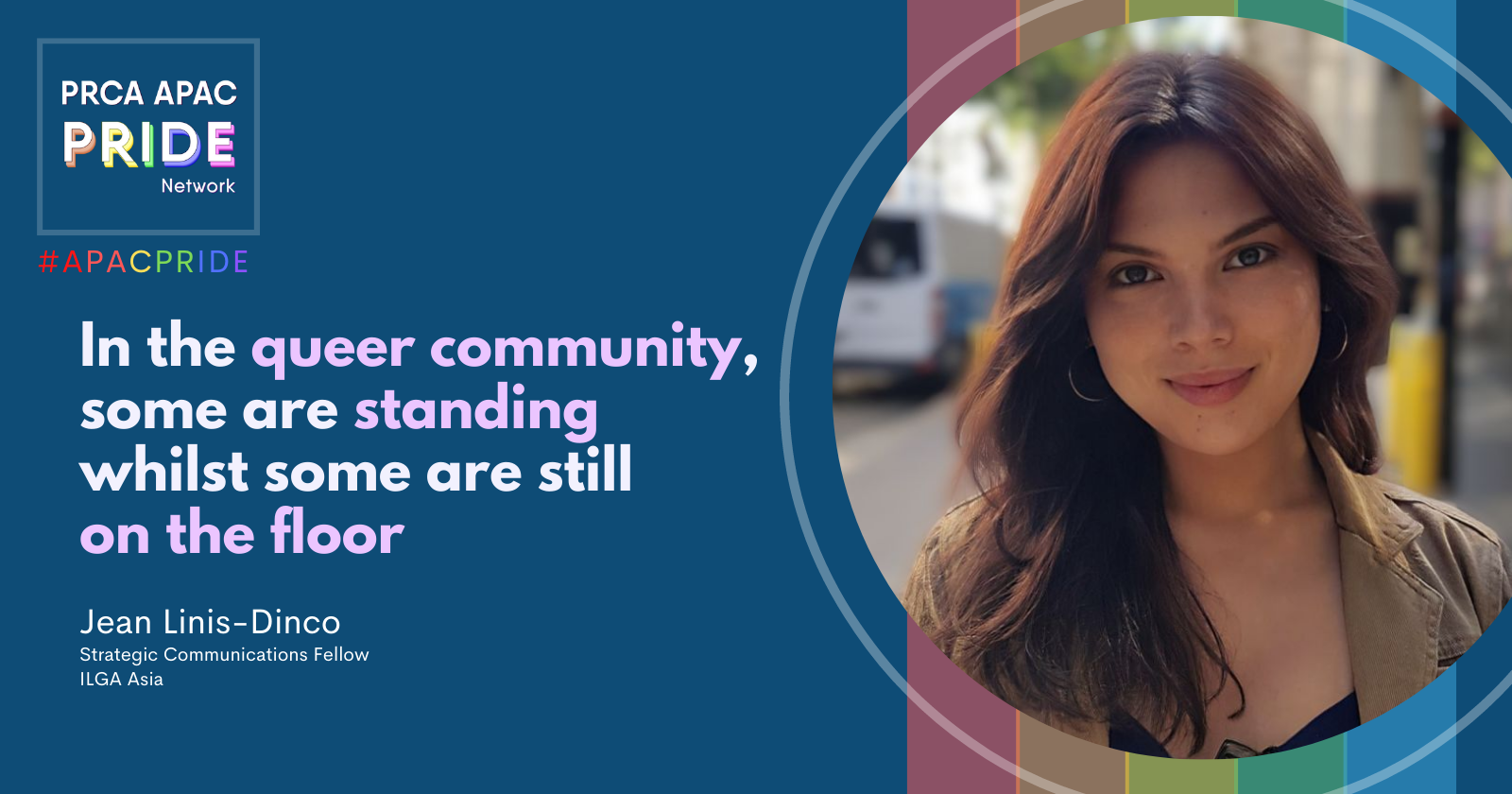As the first Strategic Communications Fellow of ILGA Asia and one of the Top 100 Women in Artificial Intelligence Ethics globally, Jean Linis-Dinco shares her story of how she used machine learning and data to uplift and advocate for the LGBTQ+ community.
- How do you see yourself a part of a better change towards gender equality?
Every morning, I wake up with a philosophy that people are not creatures in their little cocoons, that we exist not just for ourselves but also for others. My late grandmother has always told me that setting an example is the best way to become a catalyst for change. Indeed, one person alone cannot change the society, but that does not mean that one person cannot make a lasting impact in her little town. And I do this by setting an example in my little ways through my daily interaction with people. I hope that one day when I am on my deathbed, I can look back to where I started and celebrate the ripple I have created along the way.
- What is the growth mindset or secret sauce of your success in both academic and professional career ?
I don’t believe there is such a secret recipe to success because it suggests that economic success lies solely on individual efforts, without considering systemic discrimination and wealth disparity that has always pushed poor people to the bottom of the barrel. We do not have the same starting point. Even in the queer community, some of us are already standing whilst others are still on the floor. For the community to move forward, we have to address those divisions. Just because someone was able to make it in life despite coming from a disadvantaged background does not mean that everyone else from that community will make it because we don’t all have the same point of departure.
- How do you turn your passion in machine learning and data to uplift and advocate for LGBTQ+ people to grow professionally and bridge the equality gap in the society or rather the world you are living in?
As machine learning saturates our everyday lives, it is essential to assess the power relations between those who design the technology and those on the receiving end. Those who develop our technologies are often living in the status of privilege. And this goes beyond the Global North and the Global South divide; it looks at the division in a granular approach by zooming in on class struggle. My understanding of social issues is based on my experience as a human rights activist. And this is what I bring to the table. As a woman in STEM, I advocate for the meaningful involvement of women and minorities in decision-making processes through digital technology. I know my calling is to spark awareness and raise these issues that are often invisible in my field.
- What are the most important things you want to tell LGBTQ+ communities in the Philippines?
Aside from the fight toward real equality, we are all fighting our individual battles every day. So make sure to take care of yourself, have a break, pause and contemplate. And I know this is easier said than done, but no job is worth sacrificing your mental and physical health over.
If you’d like to share your own pride story or to nominate any other role model pride story, please share to us at [email protected].
About Jean
Jean Linis-Dinco is the first Strategic Communications Fellow of ILGA Asia. She is a current PhD candidate in Cybersecurity at the University of New South Wales in Canberra, Australia. Jean’s research analyses the Rohingya crisis in Myanmar using machine learning. Jean has worked as a Public Information Consultant for the United Nations Office of the High Commissioner for Human Rights and as a Digital Project Manager for A Way Home Australia, a youth homelessness organisation based in Melbourne. Her past works include analysing media sentiments towards LGBTIQ communities in Nepal, Cybersecurity in the South China Sea, the role of machines in the rising global transphobia and the impact of securitisation on marginalised communities in Aceh, Indonesia. Jean has been awarded by the Women in AI Ethics™ (WAIE) — a fiscally sponsored project of Social Good Fund — as one of the top 100 Women in Artificial Intelligence Ethics globally.

